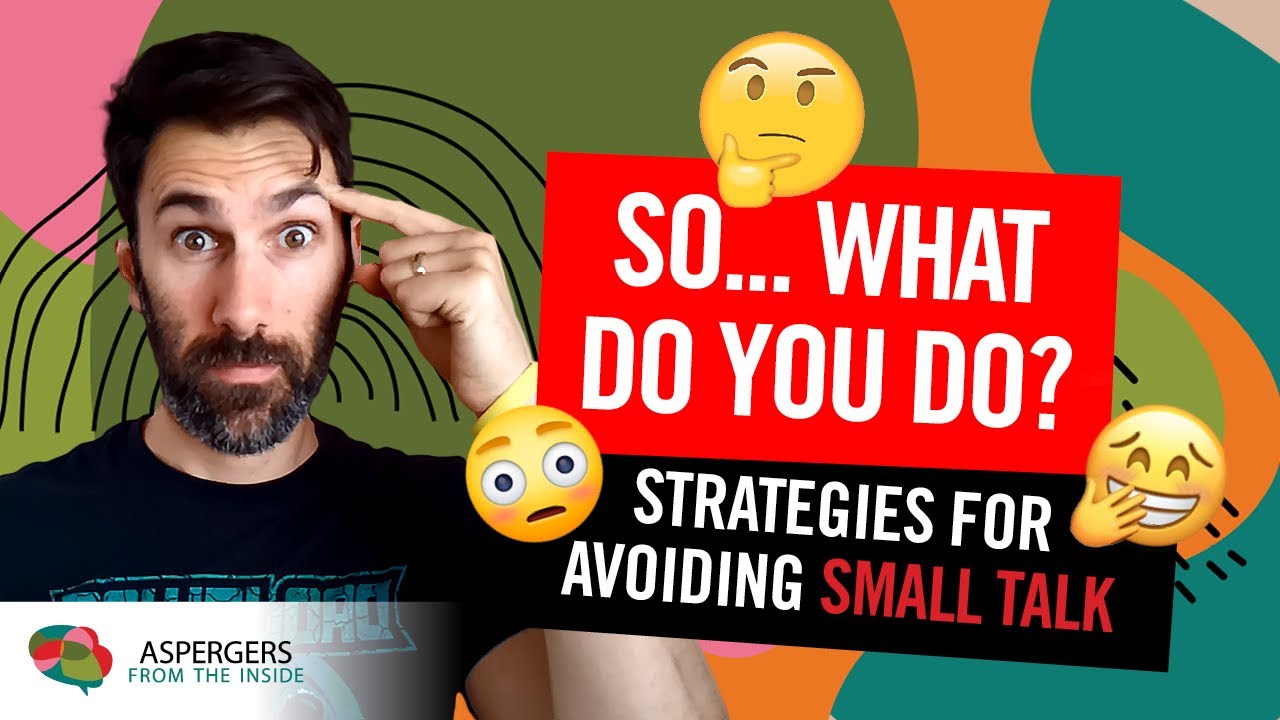Capacitors Explained - The basics how capacitors work working principle
Summary
TLDRIn this video by Paul from TheEngineeringMindset.com, the functioning of capacitors is explained. Capacitors store electric charge, similar to batteries, but can charge and discharge energy much faster. Paul uses analogies, like comparing capacitors to water tanks, to illustrate how they smooth out power interruptions in circuits. He also discusses the components inside capacitors, their uses in various devices, and safety measures for handling them. The video includes practical examples, demonstrations of voltage and capacitance measurements, and highlights the importance of capacitors in circuits like power factor correction.
Takeaways
- ⚡ Capacitors store electric charge, similar to batteries, but release energy faster.
- 💡 Capacitors smooth out interruptions in electrical circuits by releasing stored energy when needed.
- 🔌 Inside a capacitor, two conductive plates are separated by a dielectric insulating material that polarizes in an electric field.
- 🔋 When connected to a battery, capacitors store energy by building up electrons on one plate while the other releases some electrons.
- 🧲 The buildup of electrons creates a voltage difference across the capacitor, which can be measured even when the power source is disconnected.
- 🔍 Capacitors are used in various applications, such as in circuit boards, induction motors, ceiling fans, and large buildings for power factor correction.
- ⚙ Capacitors help correct poor power factor by bringing voltage and current waveforms back into sync in circuits with many inductive loads.
- 🔄 Capacitors smooth out gaps in AC-to-DC conversion by releasing energy during interruptions in the waveform.
- 📏 Capacitors are measured in Farads (F), with microfarads (µF) being common, and voltage ratings indicate the maximum voltage they can handle.
- ⚠ Capacitors can hold high voltage for long periods, so care must be taken to discharge them safely before handling to avoid electric shock.
Q & A
What is a capacitor and how is it different from a battery?
-A capacitor is a device that stores electrical charge. Unlike a battery, which stores energy chemically, a capacitor stores it in an electric field. Capacitors can charge and discharge energy much faster than batteries but cannot store as much energy.
How does a capacitor work in an electrical circuit?
-A capacitor works by storing charge on two metal plates separated by an insulating material. When connected to a power source, electrons build up on one plate, creating a difference in potential (voltage). This stored energy can then be released when needed, like during power interruptions.
What analogy is used to explain how a capacitor works?
-The video uses a water tank analogy. The water flowing through a pipe represents the electric current, and the tank represents the capacitor. Just as a tank stores water and smooths out interruptions in water flow, a capacitor stores electrical charge and smooths out interruptions in power supply.
What materials are typically used to make the plates and insulating layer in a capacitor?
-The plates in a capacitor are typically made of conductive metals like aluminum, while the insulating layer (dielectric) is often made of ceramic or other dielectric materials that polarize when exposed to an electric field.
What is the function of a dielectric material in a capacitor?
-The dielectric material in a capacitor acts as an insulator, preventing electrons from passing between the two plates. It also polarizes when exposed to an electric field, helping the capacitor store energy more effectively.
How does a capacitor smooth out power interruptions in a circuit?
-When a power supply is interrupted, the capacitor discharges its stored energy, providing power to the circuit for a short duration. This prevents devices like lights from flickering during the interruptions.
What happens if a capacitor is exposed to a higher voltage than its rated capacity?
-If a capacitor is exposed to a voltage higher than its rated capacity, it can explode. The video even demonstrates this happening in slow motion.
What are some common applications of capacitors?
-Capacitors are commonly used in circuit boards, induction motors, ceiling fans, air conditioning units, and for power factor correction in large buildings. They are also used to smooth out peaks when converting AC to DC power.
What are the two main values found on a capacitor, and what do they represent?
-The two main values on a capacitor are capacitance and voltage. Capacitance, measured in Farads (usually microfarads), represents the capacitor's ability to store charge, while voltage represents the maximum voltage the capacitor can safely handle.
How do you safely discharge a capacitor before handling it?
-To safely discharge a capacitor, you connect its terminals to a resistor and monitor the voltage using a multimeter. You should continue discharging until the voltage is in the millivolt range to avoid electric shock.
Outlines

Этот раздел доступен только подписчикам платных тарифов. Пожалуйста, перейдите на платный тариф для доступа.
Перейти на платный тарифMindmap

Этот раздел доступен только подписчикам платных тарифов. Пожалуйста, перейдите на платный тариф для доступа.
Перейти на платный тарифKeywords

Этот раздел доступен только подписчикам платных тарифов. Пожалуйста, перейдите на платный тариф для доступа.
Перейти на платный тарифHighlights

Этот раздел доступен только подписчикам платных тарифов. Пожалуйста, перейдите на платный тариф для доступа.
Перейти на платный тарифTranscripts

Этот раздел доступен только подписчикам платных тарифов. Пожалуйста, перейдите на платный тариф для доступа.
Перейти на платный тарифПосмотреть больше похожих видео

How To Avoid Small Talk (strategies to start an interesting conversation after 'what do you do?')

Jerusalém é nossa mãe?? | Gálatas 4.21-31 | Vídeo 10

Estudo de Romanos 3

Elements of Programming

The RUSSIAN Language

How Long From 25% to 15% Body Fat | Calories | Summer Shredding

Logan Paul Has Lost His Mind
5.0 / 5 (0 votes)
